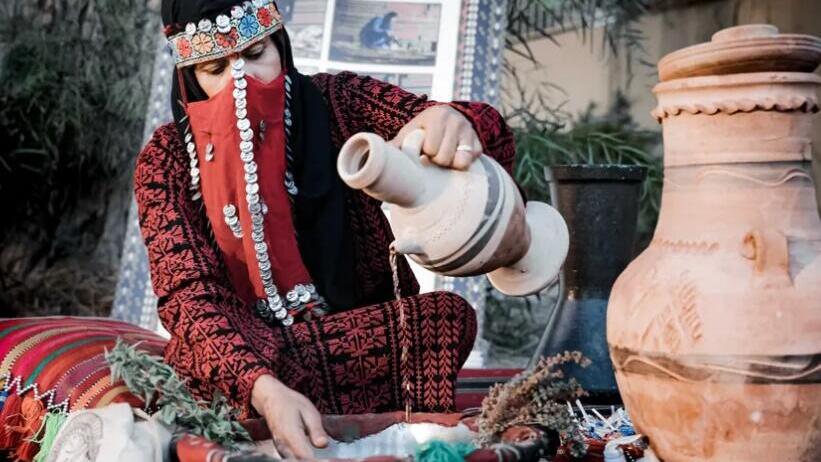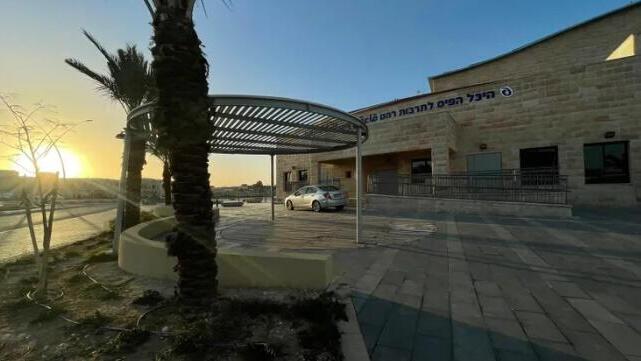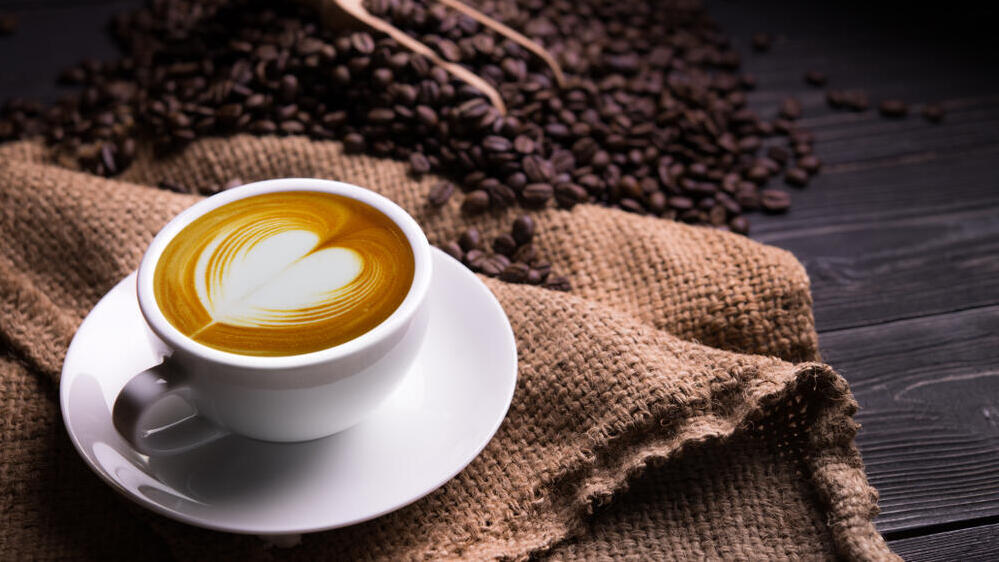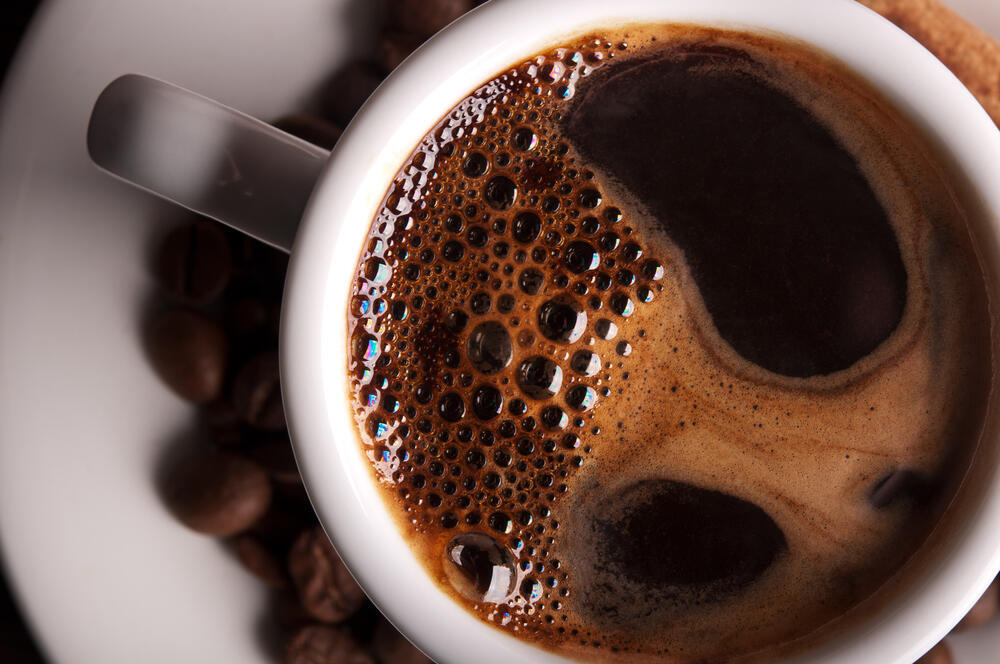The first-ever coffee festival in the southern Negev region’s Rahat, Israel's largest Bedouin city, will be held during the Jewish holiday of Sukkot from October 13-15.
Every evening, visitors from across the country can enjoy various cultural activities in four traditional Bedouin tents, set up around the Cultural Palace that was inaugurated last February.
A "fraternity tent" that advocates multiculturalism will welcome those who wish to discuss various subjects and get to know each other through.
Another tent will be devoted to creativity with the participation of artists from the city's recently opened plastic arts center, which will lead workshops for all ages around the theme of coffee.
In the third tent, writers and poets will devote themselves to reading their works to the public. Finally, in the last tent, musicians will sing and play traditional Bedouin musical instruments such as the "rabab,” ancestor of the "kamanja,” an oriental violin.
"On the occasion of the 50th anniversary of Rahat this year, we thought that the time had come for the city to develop its own festival,” said Daniel Alter, cultural strategic advisor and producer of the festival.
“The idea for the project was born about a year and a half ago, when a committee was set up to supervise the initiative. We hope to see all the citizens of the State of Israel, Bedouins, Arabs, Circassians, and Jews from here and elsewhere take part in it. The event is aimed at the whole family, from children and parents to teenagers and the elderly.”
Oriental, Bedouin, and classical Arabic music performances will punctuate public visits every day, and an exhibition of old coffee utensils will be set up in the entrance hall of the Cultural Palace.
Artists of Rahat will have the opportunity to present the old coffee pots and objects of Bedouin heritage. Visitors will be able to purchase coffee, utensils, coffee machines, traditional Bedouin refreshments, and more.
Bedouin coffee culture
Rahat is home to about 80,000 of the 300,000 Bedouins who live in the Negev.
The culture of coffee among the Arabs – and in particular among the Bedouins – is a real institution. In this community, serving coffee is a very important aspect of hospitality and is a true symbol of generosity.
In general, coffee is prepared in front of the guests and the most important or oldest guest is served first. The guest cup is only quarter-filled and can thus be filled several times. According to customs, each guest must drink at least one cup.
The transmission of traditions related to coffee is done in the family through observation and practice, and children in particular accompany their parents to the market to learn how to select the best beans.
“Coffee culture, and Bedouin culture in general, is ancient and based on heritage. The more Jews are exposed to this culture, and the more Bedouins pass it on, more of the terrible stigma they suffer can gradually disappear,” Alter said.
“Indeed, the more different communities mix with each other and get to know each other, the better we will live in this country. This festival, therefore, has many touristic and cultural objectives, but it also aims to break the clichés and bring people together.”
According to Alter, "understanding the other" will help to change mentalities.
“The Jews made coffee culture in its own right. Thousands of cafes today have espresso machines, which is the most fashionable coffee. Besides, even among the Bedouins, traditional coffee is slowly replaced by espresso. But it's perfect. That's how you exchange knowledge and immerse yourself in Western culture.”
Alter assured that Bedouins operate from morning to evening just like very popular coffee spots in Israel such as Aroma or Café Café.
Around 5,000 people are expected at the coffee festival, which is completely free to attend. The next editions of the festival should then see the light of day each year.





